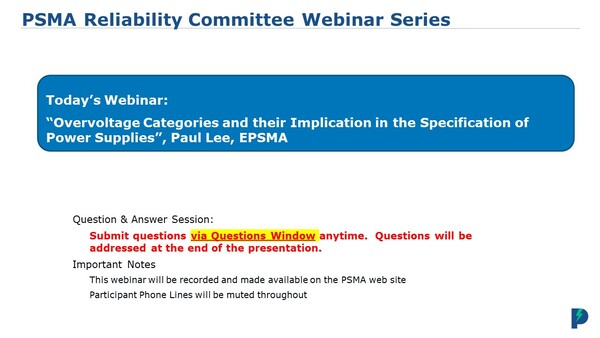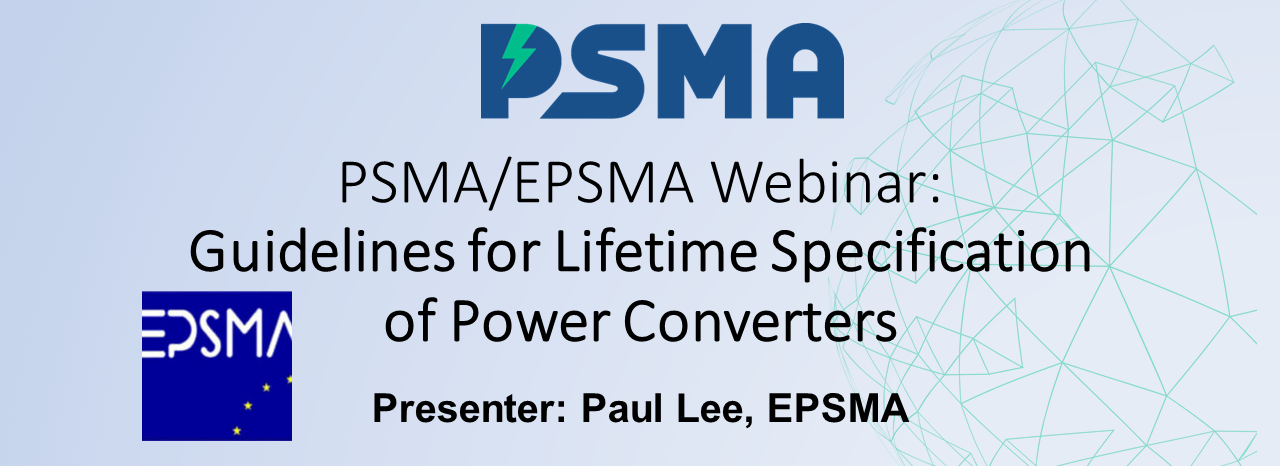
Abstract: Usually, Power Supply Units (PSUs) are designed and certified for an Overvoltage Category II (OVC) environment.
This means that they are intended for connection to the AC mains supply voltage through a supply cable and wall socket outlets.
However, more and more PSUs are nowadays included in the distribution panel, tariff meter or other equipment connected directly to the distribution network, which means that they are used in a harsher environment.
This means that they are connected to supply voltages at a higher OVC level, mostly OVC III. Sometimes, they are used in transformer substations, which means that they need to comply with requirements for OVC IV.
Telecommunications equipment, including 4G and 5G, is installed predominantly outdoors, on masts, rooftops, or in shelters. Power supplies for such equipment are subjected to higher transients from OVC III or OVC IV mains.
To cover the global market, a PSU needs to be designed for higher level requirements, such as OVC III or IV, or additional protective means must be utilized with power supplies designed for OVC II.
Builds on successful previous joint EPSMA/PSMA webinar ‘Lifetime Prediction of Power Supplies’ this one is based on the OVC paper published by the EPSMA in November 2022.
Paul Lee will Provide the explanation of OVC terms and application, how to interpret relevant standards, provide details of requirements for power conversion products installed in different OVC areas and describe how to adapt a lower OVC category power supply for operation in higher OVC environments.
This webinar will be followed by a Q&A session
Presenter: Paul Lee is the manager of the European Power Supplies Manufacturers’ Association and freelance author of over 500 articles, white papers and blogs on power subjects, as well as a book on power supply design techniques: ‘Power Supplies Explained’. As a chartered engineer and with a degree in electronics, Lee has owned a power supply manufacturing company and later worked as a Director of Engineering for Murata Power Solutions in the UK. Lee lives in Oxfordshire UK, is an associate of the Royal Photographic Society and holds a UK amateur radio license.
See the presentation here


